Measurement Quantization
Jody Geiger is a theoretical physicist, an independent researcher and a graduate of the University of Florida. His research regards the physical significance of measure using an approach called Measurement Quantization (MQ). Using a new discrete solution to the description of gravitational curvature, Geiger advances classical description beyond competing models such as String Theory, Loop Quantum Gravity and Supersymmetry. It is notable that each of these models have lost their standing in light of failed predictions with respect to super collider experiments and specific cosmological studies.
Meanwhile, MQ stands on a formidable foundation, existing classical mechanics. The only notable feature of MQ is a physically significant expansion of the existing nomenclature. Correlating measure with experiment, Geiger demonstrates - using his new discrete solution to gravitational curvature - that measure is discrete and countable. Importantly, the nomenclature is expanded such that phenomena are now described using counts
of fundamental measures. Writing the expressions for the speed of light, escape velocity and Heisenberg’s uncertainty principle anew, Geiger shows that there are three frames of reference, most significant being the difference between the discrete Measurement Frame of the observer and the non-discrete Target Frame of the universe.
Using this difference, Geiger derives expressions and value for the physical constants and the laws of nature. After establishing these relations, values for the fundamental measures, the physical constants and many phenomena in nature can be resolved and verified.
Notably, as is expected of any classical expression, MQ offers many predictions. To most notable regards a new form of length contraction not related to relativity. He calls this effect the Informativity differential and verifies its effects on the measures of G and ħ using existing measurement data.
KICP Cosmic Controversies Conference
2019 - University of Chicago
Poster presentation at the 4-day cosmic controversies conference, discussing dark matter, dark energy and the Hubble tension.
Published Research
Quantum Inflation, Transition to Expansion, CMB Power Spectrum
Pre-prints
A Series of 51 Papers Advancing Solutions to the Most Difficult Problems in Physical Theory.
These papers are presently being submitted to journals.
The Physical Constants
Physical Significance of Count Bounds to the Fundamental Measures
Describing the Fine Structure Constant Using Only Planck Units
Three Frames of Reference Prerequisite to Deriving the Physical Constants
Underlying Physics of the Hubble Tension 67.861 – 73.915 km s-1 Mpc-1
Establishing the Discreteness of Measure in the Frame of the Observer
Planck’s Constant - Request for Redefinition with Increased Precision
Classical Physics
What is the Physical Difference Between Baryonic and Electromagnetic Phenomena?
Distance Corresponding to the Length Contraction Associated with a Measure of Blackbody Radiation
Distance Corresponding to the Length Contraction Associated with a Measure of Charge Couplings
Discrete Approach Offers Physical Confirmation: Three Spatial Dimensions
Distance Corresponding to the Length Contraction Associated with a Measure of Elementary Charge
Discrete Approach to Deriving the Equivalence Principle as a Predicted Outcome
Simplest Relation Between Fundamental Units of Length, Mass, and Time
Discrete Approach to the Contraction and Dilation of Measure with Respect to a Gravitational Mass
Length Contraction Associated with Discrete Measure Resolves the Planck units Tension
Frames of Reference Still Misunderstood; There’s a Third Frame
Properties of Atoms Shown to be a Function of Discrete Geometry
Physical Approach to Demonstrating Singularities Cannot Exist
Discrete Approach to the Contraction and Dilation of Measure with Respect to an Inertial Mass
Physically Significant Approach to Describing Broken Symmetry
Cosmology
Classical Description of the CMB Power Spectrum without Λ or CDM
Discrete Approach to Star Velocities Resolves Dark Matter Phenomenon
Diameter & Age of the Universe as a Function of the CMB Temperature
Time Dilation of the CMB Age Confirms 363,312 Year Quantum Epoch
Effective Mass of a Galaxy, Star Velocity and their Relation
Classical Description of Mass in the Universe Without Λ and CDM
Measurements of the CMB Age Confirm a 363,312 Year Quantum Epoch



